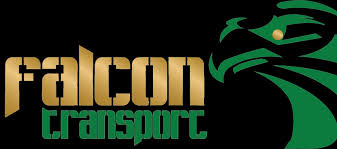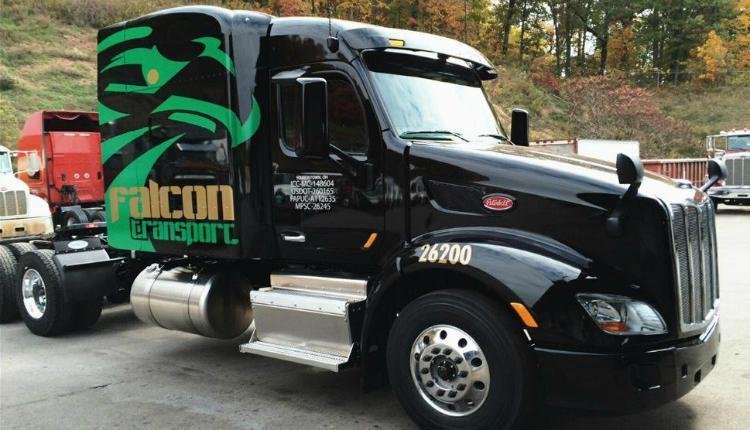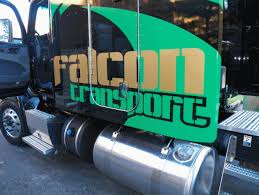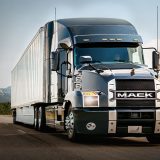
The abrupt shutdown was similar to the high-profile Christmas Eve 2009 closure of mega-fleet Arrow Trucking.
Employees Stranded
The closure left drivers stranded without jobs, pay, access to fuel or even a way home, employees said. The fleet also left millions of dollars in freight stranded roadside and at truck-stops, along with leased trucks and company owned equipment, according to Falcon Transport officials.
Skipping Payments for Months
The company had been skipping payments to brokers and insurers for several months, industry officials said.
Andy Straley, the company’s executive director of safety, compliance and risk, said he learned about the fleet’s closure the same as drivers and other office personnel, despite being in upper management at the company. Straley also worked as a driver trainer, and he said he was in the field when his ELD received a message telling him to “stop work immediately.” He then received an email with the same message.
Straley estimated that between 80 and 140 drivers were left stranded by the sudden closure, and that the fleet de-activated the drivers’ fuel cards.
Enjoying our insights?
Subscribe to our newsletter to keep up with the latest industry trends and developments.
Stay Informed“I think it was an unethical move,” he said, regarding leaving drivers’ stranded. He said Falcon’s ownership, an equity company based in Los Angeles, “didn’t understand the repercussions of something like that.”
Straley said he’s heard from drivers who intend to file a class-action lawsuit against the company under the WARN Act, which requires companies with more than 100 employees to provide at least 60 days notice before mass layoffs or closings.
He and others have contributed thousands of dollars of their own money to help drivers fuel up to get home, he said.
Reasons for Shutdown
Most reports of Falcon’s closing blame it on the shutdown of the General Motors Lordstown, Ohio, plant early last month. GM built its Cruz sedan at the plant. It was a major customer of Falcon Transport, which had dry van and flatbed operations.
Straley, however, said he disagrees with that assertion.
The company was actually losing money on that account, he said. “We were losing millions of dollars in expediting freight for GM,” he said.
He said he’d noticed recently the company had hundreds of thousands of dollars, if not millions, in unpaid invoices from brokers. He also said the company hadn’t been paying insurance premiums for its leased owner-operators and contractors, despite having taken money from those drivers’ weekly settlements for insurance payments.
Those insurance policies were canceled in March, he said, meaning the drivers under that policy had been operating without insurance.
Falcon “had plenty of indication to give us employees notice” that the company was failing, he said. He said some employees have received paychecks, but others, including himself, have not received recent paychecks.
Straley has only worked for Falcon since December. He was lured away from another fleet, where he performed a similar job function.
“I was under the notion the company was very strong,” he said.
Management told him the company had strong financial backing and only wanted him to help shore up their safety and compliance program. His former fleet was stable, he said, and Falcon’s sudden closure “is devastating to me.”
CRST and ShipEx are among carriers who have publicly said they’ll help Falcon Transport drivers.
(from Trucknews)





















